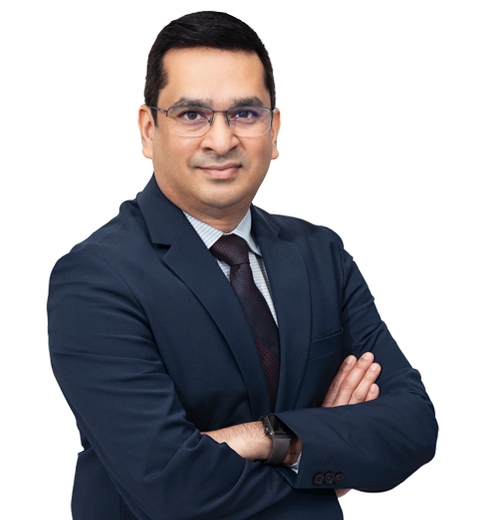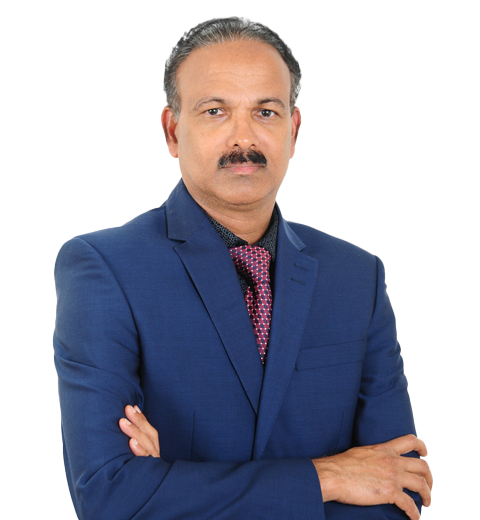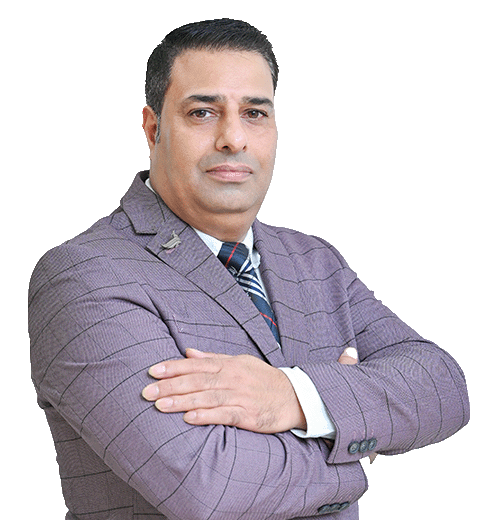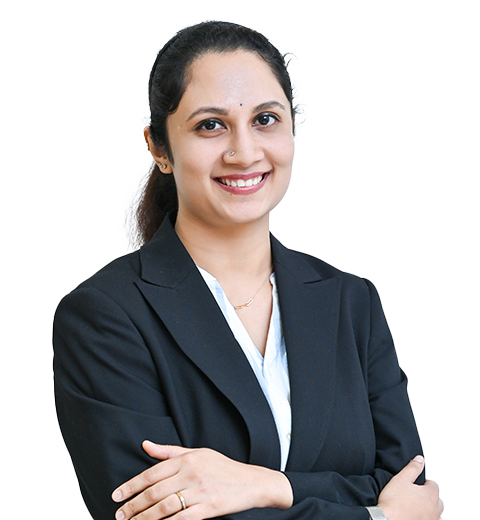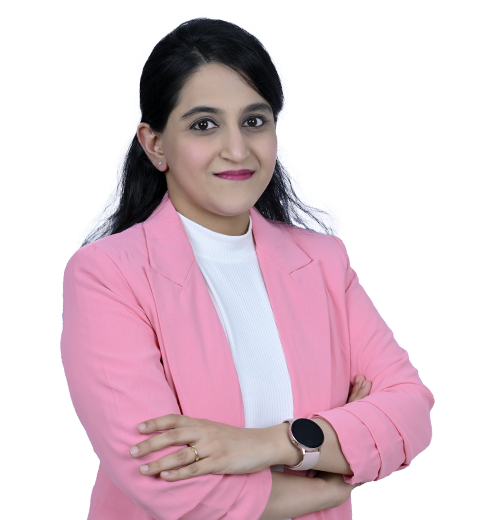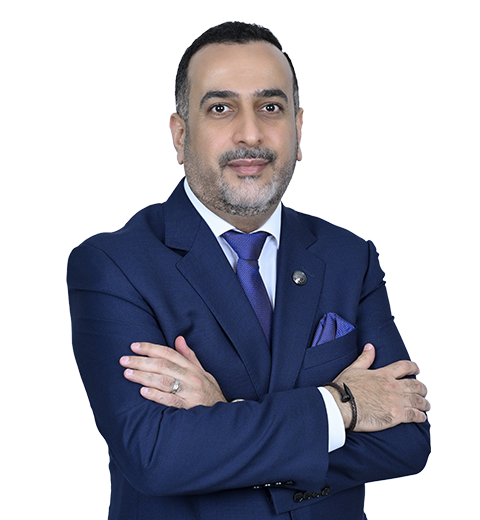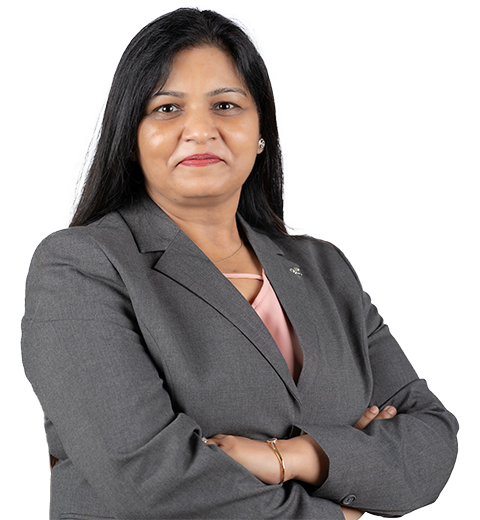Diabetic eye disease is a complication that’s common in people with diabetes. It can lead to vision loss or even blindness. There are four major types of diabetic eye disease:
Diabetic Retinopathy
It is the most common form of diabetic eye disease. It causes blood vessels in the retina to leak or swell, leading to blurred vision and even blindness.
Diabetic Macular Edema
It occurs when fluid builds up under the macula (the part of your retina responsible for seeing fine details). This can cause blurred vision or loss of central vision.
Glaucoma
It is a condition where increased pressure inside the eye gradually damages the optic nerve, causing loss of peripheral vision and eventually blindness.
Cataracts
They are clouds that develop over the lens of your eye—they make it harder to see clearly because they blur your vision and make colors less vibrant.
How Does Diabetes Affect My Eyes?
Diabetes affects your eyes in many ways. The most common symptom is blurry vision, which can cause dry eyes, cataracts, and macular degeneration.
How Common is Diabetic Eye Disease?
Diabetic eye disease is very common, with approximately 70% of people who have diabetes developing some form of eye disease. The risk of developing it increases with age, duration of diabetes, and blood sugar control.
Who is More Likely to Develop Diabetic Eye Disease?
People who are at high risk for diabetic eye disease include:
- People with type 1 diabetes
- People with type 2 diabetes who have had diabetes for more than 15 years
- Those who have had a previous eye infection or surgery
- Those with a family history of eye disease, especially retinopathy, glaucoma, or cataracts
- People who have high blood pressure
- People who have high cholesterol
What are the Symptoms of Diabetic Eye Disease?
Symptoms of diabetic eye disease include:
- Blurred vision
- Excessive tearing or redness
- Pain or pressure in your eyes
- Distorted vision
- Spots or floaters (tiny dots that appear in your field of vision)
When Should You See a Doctor?
If you have any of the following symptoms, you should see a doctor immediately:
- Vision changes such as blurriness, loss of side vision, or double vision
- Feeling like there’s something in your eye
- Pain in your eyes or extreme dryness
- Redness or swelling around the eyes
- Increased sensitivity to light
How Do Doctors Diagnose Eye Problems from Diabetes?
An ophthalmologist often diagnoses diabetic eye disease. They use a variety of tests to determine the cause of your symptoms and whether they are related to diabetes.
Visual Acuity Test measures how well you see at different distances. You will be asked to read letters on an eye chart at different distances.
Slit Lamp Examination – this test uses light from a microscope to inspect the inside of your eyes. It helps doctors identify changes caused by diabetes that may be causing vision problems. It also allows them to look for signs of other diseases, such as glaucoma or cataracts, that could affect your vision if left untreated.
How do Doctors Treat Diabetic Eye Disease?
Fortunately, several treatments for diabetic eye disease can help you get your vision back on track.
Medicine – Doctors often prescribe medications to help reduce the chances of vision loss from diabetic eye disease. These medicines can be taken as pills or injections. Some are injected directly into the eye, and others are taken orally as pills.
Laser Treatment – If you have diabetic retinopathy (DR), laser treatment may help prevent further damage to your retina by slowing down or stopping bleeding from small blood vessels in your eye. However, even if laser treatment stops bleeding from these blood vessels and prevents further vision loss from DR, it will not reverse any existing damage done by other symptoms, such as floaters or flashes of light in your vision (called photopsia).
Vitrectomy: A vitrectomy is an operation that removes fluid from inside your eyeball (called vitreous humor) and replaces it with saline solution so that your retina can be examined under magnification for signs of injury caused by diabetes.
Cataract Lens Surgery: There are two types of cataract surgery: phacoemulsification and extracapsular extraction (ECCE). These surgeries use different lenses to replace cloudy ones in the eye.
Phacoemulsification uses ultrasonic energy to break the lens into small pieces removed with suction.
ECCE uses scissors to remove the outer part of the lens capsule and any fragments that may have broken off during surgery. Both procedures take less than 30 minutes.
After surgery, patients will need glasses or contact lenses until their vision improves enough for them to see well without them.
What Can I Do to Protect My Eyes?
You can do several things to protect your eyes if you have diabetes.
First, it’s important to keep your blood glucose levels on target. High blood glucose can damage the blood vessels in your eyes, increasing your risk of eye disease.
Second, get regular eye exams as part of your diabetes management plan—at least once a year. If you have diabetes, it’s especially important to catch eye problems early because they can lead to vision loss.
Third, wear comfortable glasses and sunglasses outdoors, even on cloudy days. UV light can still damage your eyes even when the skies are gray or overcast.
In Conclusion, diabetic eye disease is a serious issue that can cause significant damage to your vision and your quality of life. If you believe you may have a diabetic eye disease. If you or someone you know is suffering from diabetic eye disease, it’s important to seek help from an ophthalmologist.
Our expert team of ophthalmologists and diabetes experts offers a wide range of services, from diagnosis and treatment to prevention and follow-up care, so that you can continue to live life without worrying about the potential health risks associated with diabetes.


